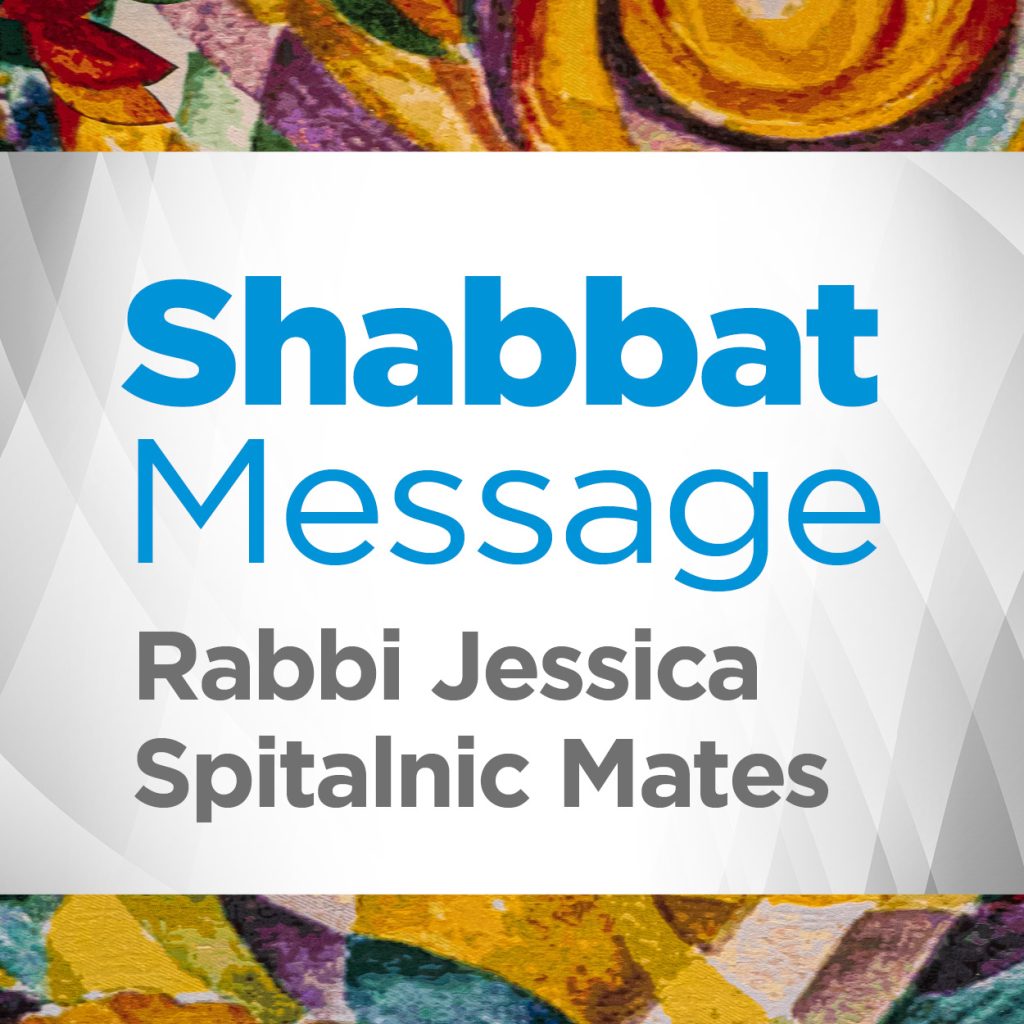The United States Holocaust Memorial Museum doesn’t open till 10:00 am, but for the seminar I attended in early June during my sabbatical we had to arrive there at 9:15 am. That meant we used the back entrance of the of the museum in Washington, DC.
So I didn’t see the large plaque dedicated to a security officer that was killed guarding the museum until later that first morning when I walked to the front lobby where the public entered.
The late officer’s name was Stephen Tyrone Johns, and this week in 2009 while working as security guard at the United States Holocaust Memorial Museum, a known Holocaust denier and white supremacist from Maryland fatally shot Johns.
Because we entered before the museum opened, the security team was still in their morning meeting in an area near the classroom we met. After I saw the plaque about Officer Johns, for the rest of the week when I would see those morning security guard meetings happening, I would pray for their safety.
There’s another sight I saw, not inside, but outside the museum that prompted not prayer but a quiet concern.
During that week of walking to the Holocaust Museum after passing by the soaring Washington Monument, I would come to the National Museum of African American History and Culture.
Why was it that the Holocaust Museum had been proposed, funded and built decades before the African-American history museum down the way?
This week of Juneteenth seems a good week to ask that question. Juneteenth, the date marking the end of slavery in the United States, became a federal holiday only in 2021.Coshandra Dillard writes, “American history has often been reduced to a simple story of continuous progress. In this context, the Emancipation Proclamation represents an important turning point—the country coming to its senses and setting the course for concrete steps toward true equality. But it’s important … to know that the announcement—and the celebration afterward—was short-lived and riddled with setbacks, including violence. Some enslavers intentionally waited until the harvest before they announced that the enslaved were freed. The history of Juneteenth acknowledges hard history.”
The Torah gives us some hard history this week as well. Instead of rejoicing in the privilege to enter the land of Israel that God has promised the Jewish people, there is a setback. In Shelach L’Cha, spies are sent ahead of the Israelites to scout out the land. Twelve spies do find a land flowing with milk and honey and grapes the size of a human head, but ten of the twelve spies find something else. They find a reason to go backwards. All the spies but Joshua and Caleb find that the land will be scary and difficult to navigate and they want to convince the Israelites to dismiss God’s promise of this land.
Rabbi Sharon Cohen Anisfeld notes this moment as “an exquisite articulation of self-doubt: ‘Lo nuchal. We can’t do this.’ And the ever-so-human projection of one’s own sense of inadequacy onto others: ‘We looked like grasshoppers to ourselves, and so we must have looked to them.’ It is this statement that captures the attention of an extraordinarily poignant commentary from Midrash Tanchuma. ‘The Blessed Holy One said to the scouts: “You don’t know what you have just let your mouths utter. I am ready to put up with your saying, ‘We looked like grasshoppers to ourselves.’ But I do take offense at your asserting, ‘And so we must have looked to them.’ Could you possibly know how I made you appear in their eyes? How do you know but that in their eyes you were like angels?’ In this brief imagined exchange between God and the scouts, the Midrash underscores the insidious nature of self-doubt, the way we can mistake it for truth, the way it can indeed become ‘a land that devours its inhabitants.”
The antidote, the Midrash insists, “is cultivating the capacity to open up some space between our inner experience and outer reality. …I understand that you are afraid. I understand that you feel small. But take a minute. Leave room for the possibility that your fear is not the whole story. How do you know but that in their eyes you were like angels?”
Flipping the worries and fears of the spies into a beautiful sentiment as the Midrash does reminds us that we need to go back and look at the difficult and retain that while at the same time using the opportunity to find new perspective. And it is ok to have conflict in that. It is ok to believe God’s promise of the land and also be scared. It is ok to feel appreciation that The National Museum of African American History and Culture exists and also wonder why it wasn’t built earlier. Shelach L’Cha just asks us to understand that what matters most is not the judgment of others who we think may see us as lowly grasshoppers, but how God inspires in us a strength to approach and grapple with the difficulties out there. And that is where the beauty lies. In finding the ability to name and confront the difficult, painful and uncomfortable and also see angels anew.
Shabbat Shalom,









